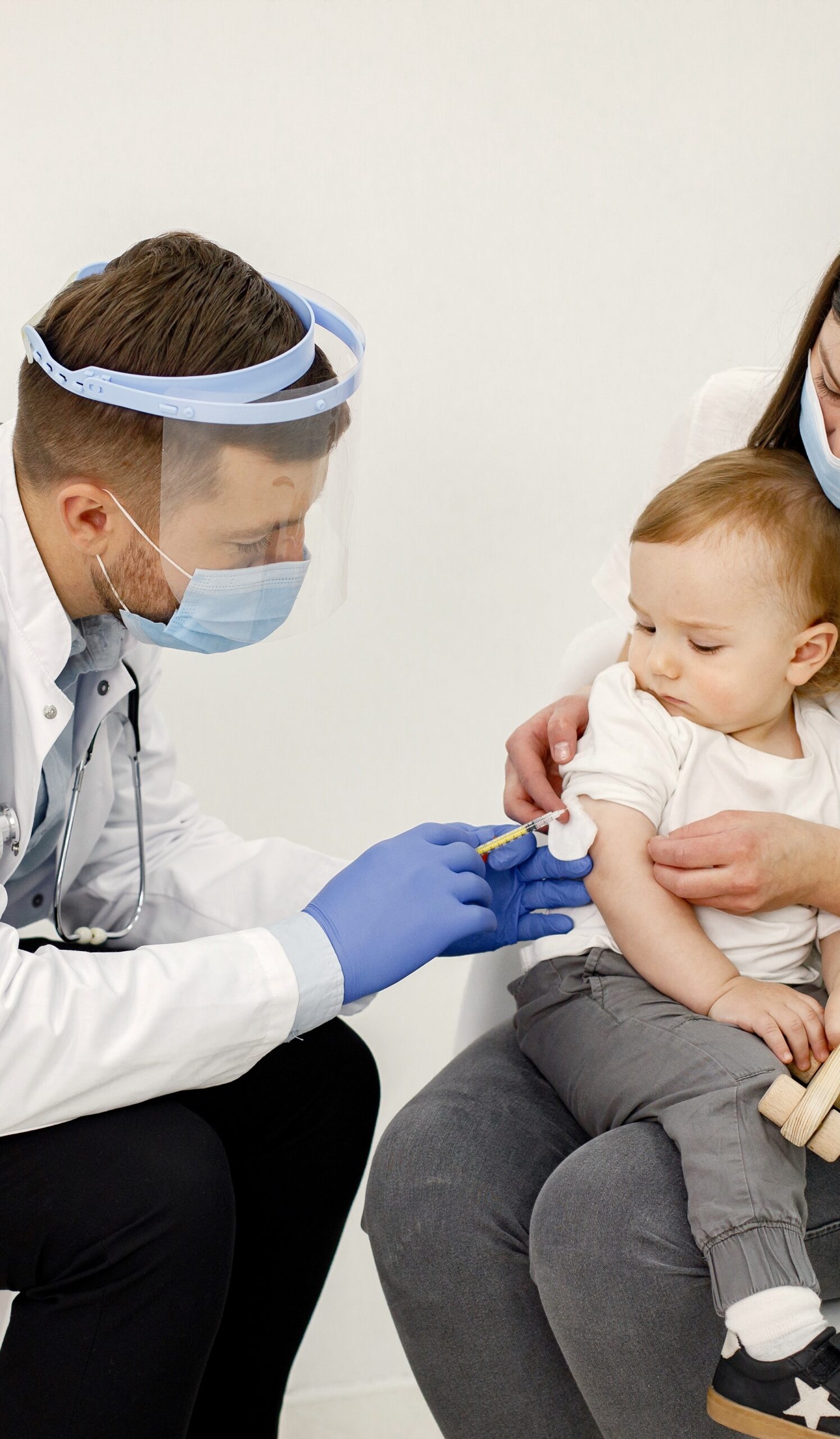
Hepatitis A Vaccine
Child healthcare is the most important for every parent. There are severe contagious diseases in this world that affect your baby’s health mildly or severely. Hepatitis A is an infectious disease caused by Hepatitis A Virus (HAV). Hepatitis A Vaccine helps increase your child’s immunity against this painful disorder. After this vaccination, your child may experience Vomiting, Jaundice, Elevated temperatures, and Nausea.
Why Is Hepatitis A Vaccine Require?
Hepatitis A Vaccination is necessary to protect from the Hepatitis A Virus Infection. It also controls the spreading of this infection from one person to another. Hepatitis A disease can be identified by symptoms in children, including
- Elevated temperatures,
- Vomiting,
- jaundice,
- Nausea.
- Witnessing children in this condition emphasizes the quickness of action.
Sometimes, children with Hepatitis A have no symptoms, but they infect the environment with Hepatitis A Virus.
How Does Hepatitis A Vaccine Work?
One key factor in defending your child’s health is Vaccination against preventable infections.
The Hepatitis A vaccine plays a crucial role in protecting your child from the threats of Hepatitis A infection, supporting their immune system to confirm a more nutritious future.
The Hepatitis A vaccine comprises weakened Hepatitis A viruses that strategically protect the body against Hepatitis A Disorder. This kind of vaccine strengthens the immune system, allowing it to protect against possible diseases.
When administered to children, the inactive or non-functional Hepatitis A virus enters their bodies. These viruses are training triggers, stimulating the immune system to become strong and resilient.
Side Effects of the Hepatitis A Vaccine
The side effects of Hepatitis A Diseases last for 1 to 2 days. In the Hepatitis A Vaccination/ Immunization, your children’s immunity power increases against the Hepatitis A virus. When your child gets a Hepatitis A Vaccine, you need to ensure their comfort by offering rest and appropriate fluids that can aid in their recovery.
But sometimes, there is a chance of an allergic reaction after this immunization. After getting injected, such reactions may appear within minutes to hours after vaccination. When you see your child with symptoms, i.e., Fever, hives, difficulty breathing, fast heartbeat, or behavior changes, you need to give extra care to your child because it may become a severe condition.
Some Other Side Effects that may occur during a severe allergic reaction can be
– High fever
– Hives
– Pale skin
– Weakness or dizziness
– Behavior changes
– Difficulty breathing
– Hoarse voice or wheezing
– A fast heartbeat
Correct Timing of the Hepatitis A Vaccination
Between the ages of 12 and 23 months, children are particularly weak due to various infections. Hepatitis A Vaccination’s perfect age for children is 12 to 23 months.
During this crucial development phase, the Hepatitis A vaccine becomes a beneficial safeguard against the Hepatitis A virus. Getting the vaccine within this timeframe demonstrates a potent line of protection.
Conclusion: Hepatitis A Vaccine protects against this contagious disease Hepatitis A. So, You can prevent the risks of Hepatitis A by getting a complete Hepatitis A Vaccination with overall doses. This page provides information about the Hepatitis vaccine and its benefits in detail.
FAQs:
Q.1. What are the side effects of the Hepatitis A Vaccination?
Ans. After the Hepatitis A Vaccination, your child may experience some symptoms.
– High fever,
– Hives,
– Weakness or dizziness,
– Behavior changes,
– Pale skin,
– Hoarse voice or wheezing,
– Difficulty breathing.
Q.2. Which age is correct for the First dose of the Hepatitis A Vaccine?
Ans. The First dose of the Hepatitis A Vaccination is given to children between 12 and 23 months.
Q.3. Which age is correct for the second dose of the Hepatitis A Vaccine?
Ans. The second dose of the Hepatitis A Vaccine is offered six months after the first vaccine’s dose.
Make an Appointment
Our Doctors are available 24 x 7 at Cradle Children’s Hospital.
Doctors Availability
Our Doctors are available 24 x 7 at Cradle Children’s Hospital. Call us to book an appointment.




